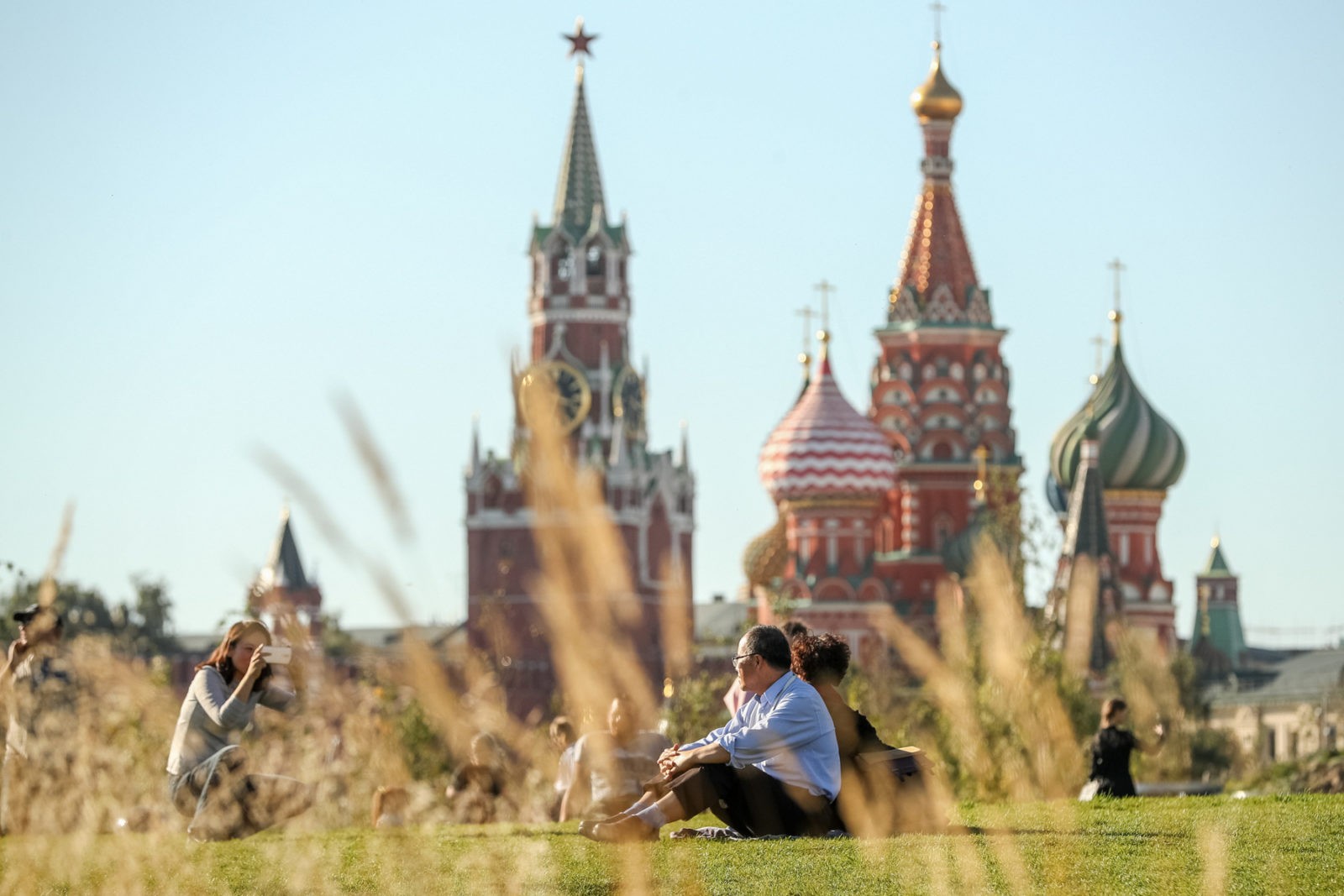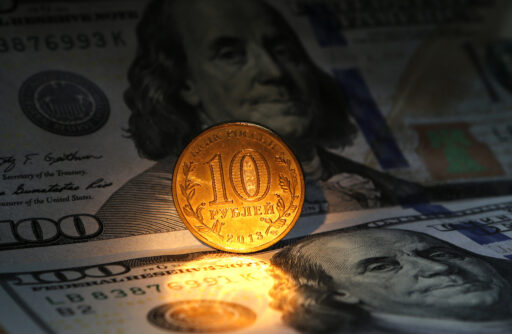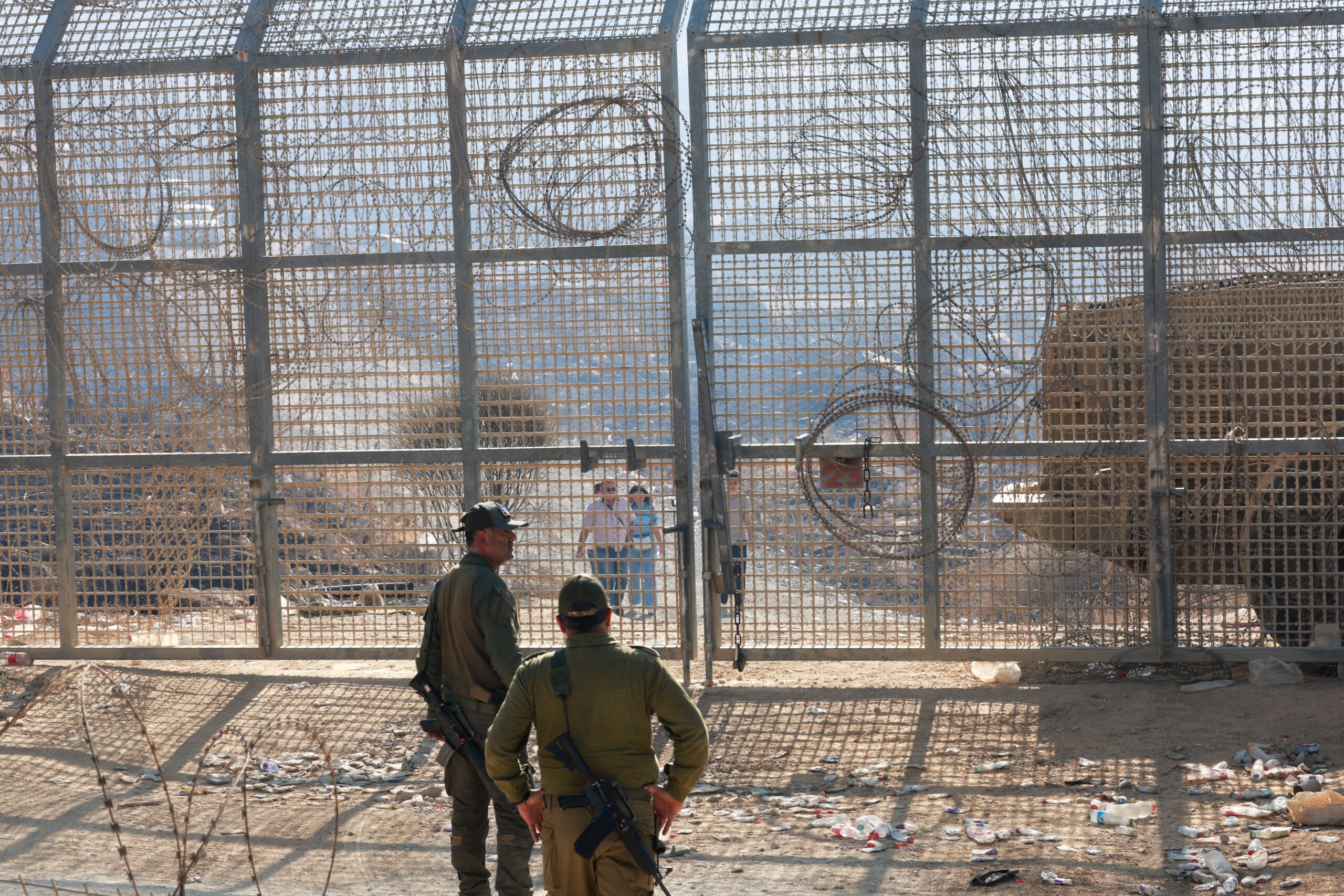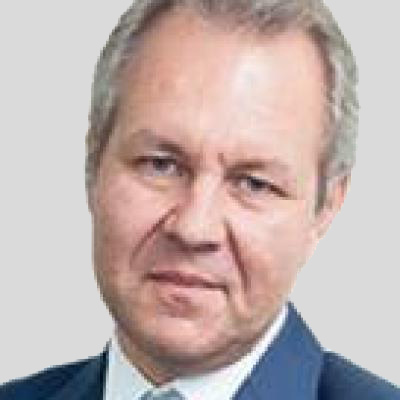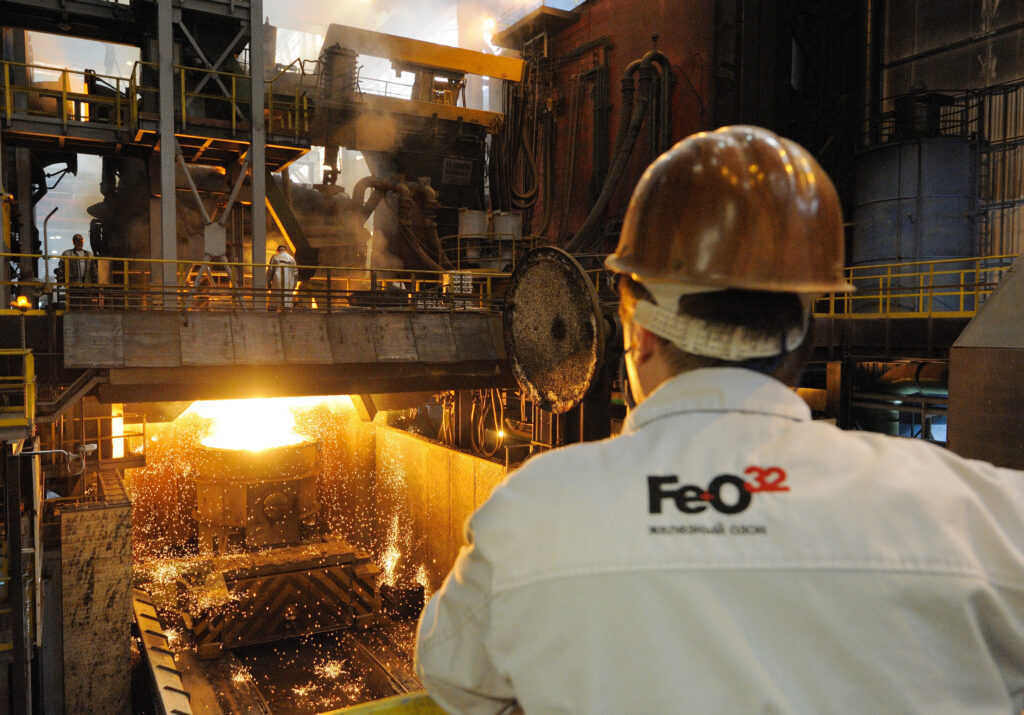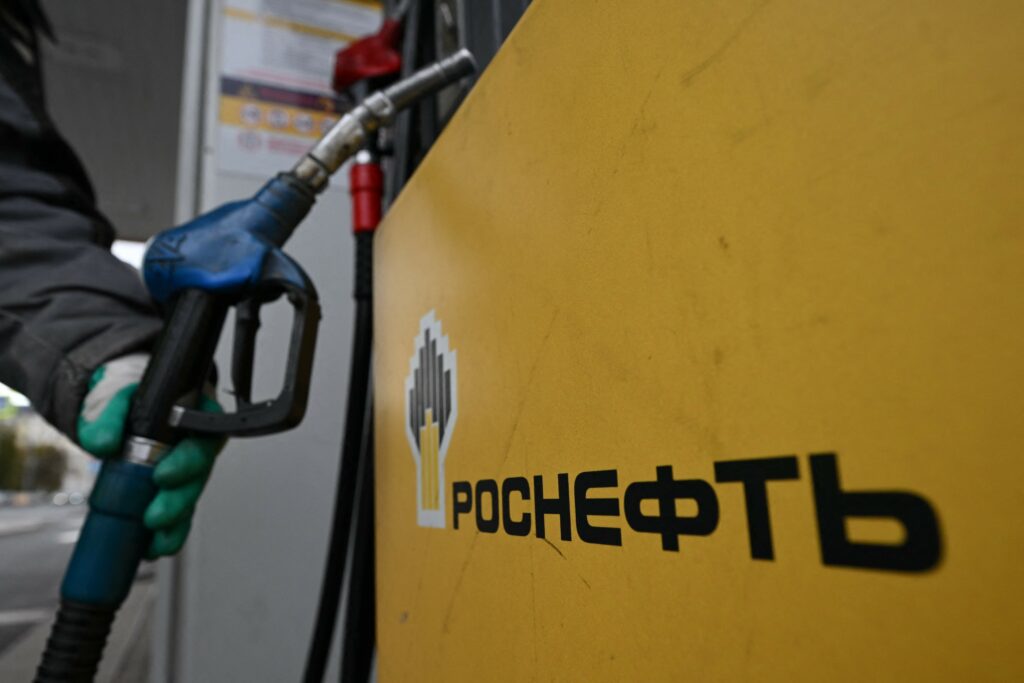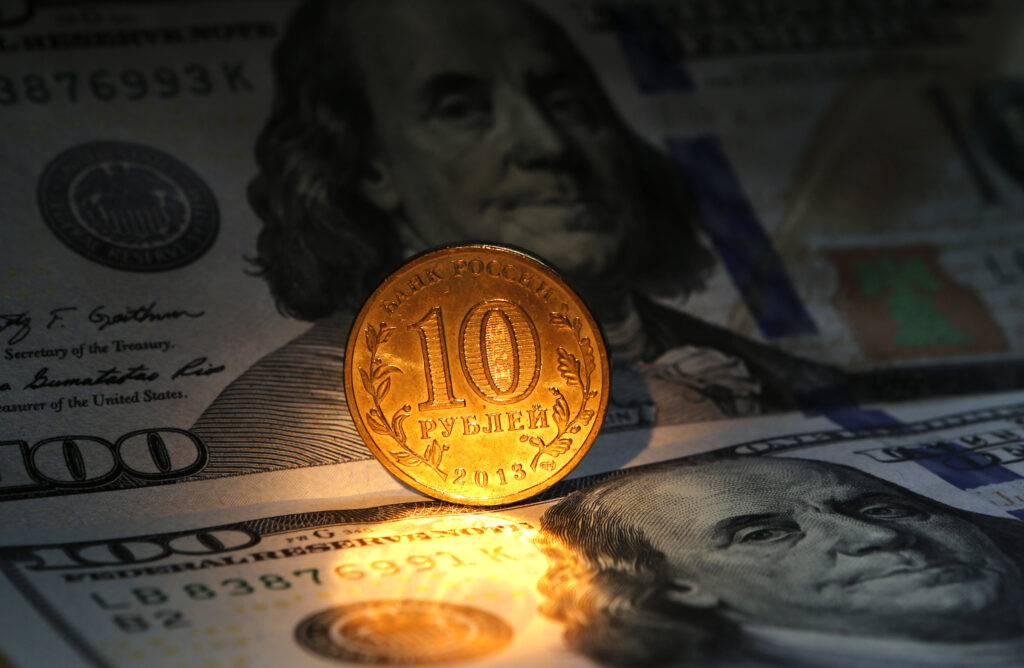Nikolay Nekrasov’s famous epic poem — ‘Who can be happy and free in Russia’ — first came to light almost a hundred and fifty years ago. It would certainly be harder to publish this slanderous poem now than in the days of Alexander II. The poem’s harsh view of life and various social groups seemed anachronistic a dozen years ago, back when life in Russia held greater promise. These days, though, the poem seems a bit more apposite. Besides, it helps raise a fundamental question: What does it mean for the majority of Russians ‘to be happy with life’?
Authoritarian rule in Russia relies on controlling public desires, hopes and fears. In this reality, the state can be the giver of happiness — and can take it away. But the current regime is starting to struggle with this. Recent events – the unfavourable results in the regional election, the slide in presidential approval ratings and growing unrest amid social reforms – show a tide of public despondency. Exposed to the right catalyst, this disgruntlement of shattered dreams could lead to a wider spread of mass protests.
Let us assume the role of the authorities, and try to understand what can be done to avoid unforeseen problems for the regime.
To begin with, let’s set aside fairy tales about the empire and spiritual bonds. Above all, Russians crave prosperity. A decent income is high on the list of priorities. One recent survey shows 49% of Russians fear a deterioration in their financial standing; 22% fear poverty. This is obvious; we have long been a consumerist society.
Wealth, Health and Unemployment
At the same time, people are not demanding much. On average, the desired monthly income for a family of three amounts to as little as 83,000 roubles. That is, 15% of an average German family’s income. Financially disadvantaged citizens have even more modest expectations. One in six families (17%) believe that 45,000 roubles suffices for a family of three while 46% of Russians cite a salary range of 45-90,000 roubles. This is terrible but true. In the era of rising oil prices, 10% of our compatriots cannot afford food while 29% can afford nothing aside from food.
Another widespread fear concerns health problems. In fact, according to Levada Centre research, this fear ranks highest of all amongst those surveyed. Mortality rates among 40 to 60-year-old Russians resemble those of pre-WWII Western Europe. The survival rate among 15-year-olds who will make it to 60 is lower than that of Ethiopia. News of a person’s death brought on by the pure indifference of healthcare professionals or a lack of vital medicine is as banal as that of rain in autumn or snowfall in winter. Again, Russians do not harbour great expectations of improvement. Almost 50% are prepared to pay for better medical services which are provided ‘for free’ today. As few as 10-15% couldn’t afford such services under any circumstances. This large minority has to seek more aid from the state.
The third issue which strikes fear into the heart of Russians is unemployment. Twenty-two percent of Russians are afraid of losing their jobs. They are well aware that, given the unstable economic climate, anyone who loses his or her job would have a difficult time finding decent, alternative employment.
Unemployment is currently at a historical low. Still, the situation is more complex than it seems at first glance. Olga Golodets admits that 38 million people are currently untraceable to anyone attempting to compile labour statistics. No matter how high the taxes or how overdue pension payments are, the majority of workers still prefer legal employment. This is considered a major contributing factor towards a good standard of living in contemporary Russia.
Prices and Predictability
Number four on the list of factors people are paying special attention to is prices and the predictability of the economic situation. The criteria for relative economic well-being? That would be price stability (especially utility rates). Then, a stable exchange rate (the prices of too many goods and services depend on the value of the rouble). Moreover, a credible banking system is vital — leaving aside the variety of whims the government currently has including monetary reforms, the withdrawal of banknotes of certain denominations and the conversion of foreign currency deposits into roubles. Even though most people find it impossible to save money (63% of Russians), the stability of the financial system is having a huge psychological impact on society.
Fifth and final on the list, and I will stop here, are perceptions of relative social equality. Luxury may well be the national end goal in Russia under conditions of rapid growth. But the squandering of money now prompts annoyance. This is all the worse against a backdrop of stagnant (and even falling) incomes. Often as not, it is public officials or civil servants who fritter away funds.
The concept of good living in Russia can be measured with many other considerations. To what extent does Russia’s police force serves the community? Would Russians be happier with a more sound legal system? Yet truth be told, Putin’s silent majority is more concerned with economic problems. So what should be done in a situation where a new, small victorious war is unlikely? And a situation where the elite has to accomodate economic anxieties?
A New, Real War On Poverty
First, a real war on poverty should be waged as opposed to paying the issue lip service. Russia is almost the only country in the developed world (it would like to be part of this club) which does not have a national welfare programme for poor, employed citizens. Social benefits only factor in on grounds like the incapacity to work, unemployment or number of dependents. A means of increasing the incomes of the least well-off could become a powerful means of communication between the authorities and society.
Given the average Russian’s notion of a good standard of living, those least prosperous would need a boost in income of 20-25%. That would be enough to in alter their wellbeing. An increase of 2,000-2,500 roubles a month for 20-25 million people amounts to 480-750 billion roubles a year. The government could generate this through a rise in the rate of VAT. It would make a huge difference.
This could come through new food subsidies. In the U.S., 44 million people receive food stamps worth $125 per month and very few see this as degrading. Allocated funds would be spent on Russian-made products (even if food stamps were in free circulation). The money saved could go on basic non-food necessities. Both would boost market demand.
Similarly, a long-debated pharmaceutical insurance programme could be launched. Its aim could be to aid the financially disadvantaged. Physicians would prescribe necessary drugs. Patients would collect them from commercial pharmacies. The state would foot the bill.
Such a solution would not likely need any further funding. The sums involved in centralised drug procurement deals far exceed market rates as things stand.
These initiatives would be a statement of intent. They would show that the government is seeking to address the needs of the financially disadvantaged. This would have a powerful, mobilising effect on society.
It would also be advisable to show that the motherland can provide all its citizens with employment. This would go down far better than threats of criminal prosecution aimed at employers who refuse to take on staff nearing retirement age. Measures to this end could take the form of incentives for small businesses willing to emerge from the shadow economy. Self-employed individuals whose income does not exceed two or three average monthly salaries in the region should be exempt from taxes. Grassroots entrepreneurship should be promoted. In fact, the authorities should create a system where the state ignores small receipts from different sources. In the U.S., for example, if an individual receives $600 or less from a given source during a year, there is no obligation to include this amount in one’s tax return. If the state is unable to introduce graduated income tax rates, taxes on monthly incomes below 15,000 roubles should be waivered, let’s say. This would cost an added 300-450 billion roubles a year. Yet the impact would be vast.
Finally, when it comes to the financial sphere and state expenditure, credibility could be increased by cracking down on monopsonies. Moreover, for a sustained period (2-4 years), the state should freeze tariffs across the board whether on waste removal or on petrol. The majority of rates are economically feasible. The state could (and should) co-finance initiatives in the area of housing and utilities. It should redouble focus on environmental protections and stop talking about monetary reforms, restrictions on dollar transactions or similar plans.
Involving citizens in budget discussions at all levels, and raising the amount of non-classified expenditure items, is also advisable. It is high time for a real savings programme. since a significant part of the budget is currently being squandered. It is also high time the power elite realised that this threatens its very existence.
During the first eight years of Vladimir Putin’s rule, good living conditions came thanks to economic growth. During the next eight years, only bureaucracy and siloviki could prosper. Financial crises, external challenges and large-scale nationalisation juxtaposed with elite enrichment.
Going forward, the authorities will have to change their policies. It will be the only way to maintain the political stability the Kremlin holds so dearly. This does not have to be a ‘left turn’ as proposed by Mikhail Khodorkovsky. (The incumbent power elite is not capable of that.) But a courteous gesture in the direction of those who have suffered most due to economic difficulties in recent years is a must.
Moreover, this is not only necessary but also possible. The consolidated budget surplus may exceed 4 trillion roubles at the end of the year. The allocation of at least 1/3rd of these funds to benefit those financially disadvantaged as opposed to the replenishment of reserve funds will not only yield political dividends; it will also speed up economic growth over the coming 2 or 3 years.
By implementing these above measures along with other initiatives, the authorities may regain some credibility. But, if steps are not taken in the nearest future, the Russian power elite may lose its main asset – Russia. As happened in the past, when the void between a modest dream and a grim reality became too galling for the many.
